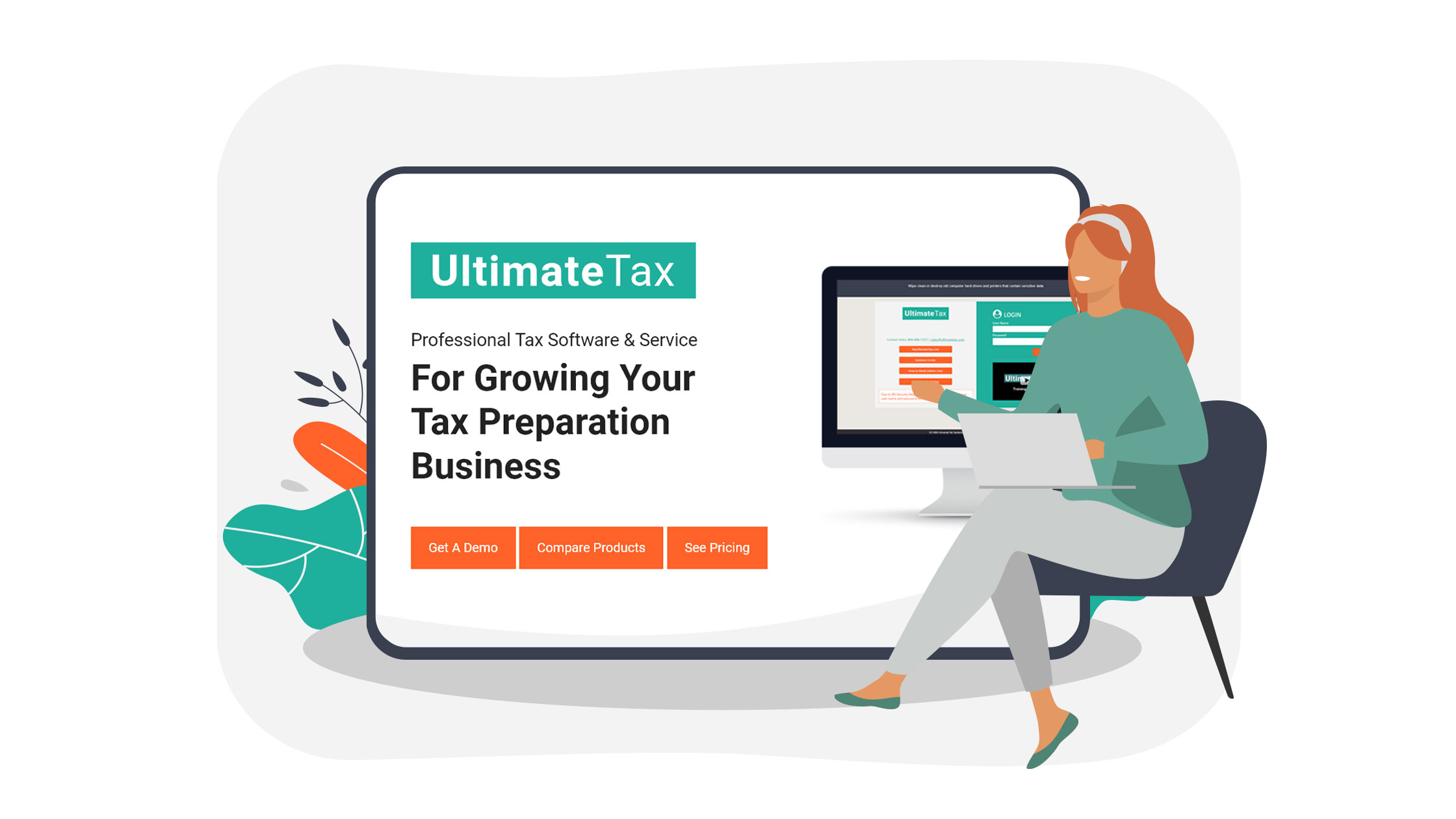Part of our service of providing professional tax software is also providing you with information that will be helpful to your clients and prospective clients.
Forbes reported that during the 2015 tax season approximately 83.2 million taxpayers contacted the IRS by calling Customer Account Services toll-free telephone assistance lines. While some of those calls were properly routed to automated answering systems, only about 8.3 million calls were actually answered in person. The result? A dismal 37.6% level of services (compared with more than 70% last year). The average time for those 8.3 million calls to be answered? A whopping 23.5 minutes.
During my research I happened to run across a few of these very recent comments about poor customer service at the IRS.
“Bad customer services. Be prepared to wait longer than the DMV!!! Only one person that can do anything with your taxes. The other just there to collect your hard earned money!!! What a joke”
“My husband owes back taxes for 2009 when the economy sank. He set up a payment plan for $200 a month. But they’re charging $388 a month in interest and fines! So after we faithfully make the payment on time each month, we end up owing more than before. So we upped the payments to $500 a month… Really? Only $112 of that goes to paying it off? So I call to discuss it. We’ve been both calling all day. After an hour of waiting on hold, he couldn’t wait any longer and had to go to work. I waited an additional 50 minutes before someone finally answered but would not speak to me without him there to consent!”
With all of the lost calls and long hold times, there will be more taxpayers using the where’s my refund option. This will be a good tool to remind your clients about when they leave your office to await their refunds. They will need their social security number, filing status, and the exact amount of their refund in order to use the program.
Congress could help the IRS out by finishing our tax legislation now instead of later, which would give the IRS a head start. There are about 3 month’s left in 2015 and the same tax extenders provisions are outstanding from 2014. There is a good chance that Congress could push off addressing tax extenders again this year, which would delay the season.






